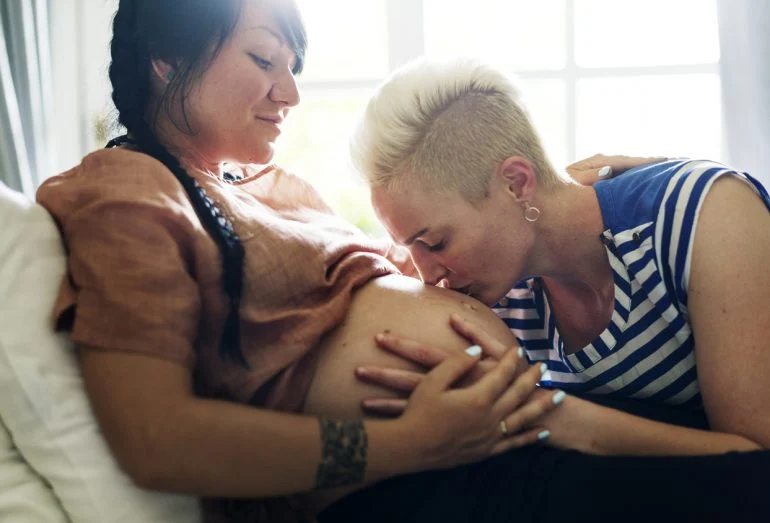My oldest child is now in third grade, which means it’s time for him to tackle the Partnership for Assessment of Readiness for College and Careers (PARCC) standardized test this year. While most parents today have a faint recollection of their own bubble tests, the current landscape of standardized testing is a whole different beast. These tests start earlier, stretch longer, and carry heavier consequences. Unsurprisingly, like many parents across the nation, I’m feeling a bit anxious.
The chatter around standardized testing has fueled my concerns—not just for my son but for society as a whole. Current testing policies have faced criticism for various reasons: they can induce anxiety, set unrealistic benchmarks, hinder creativity, and reinforce socioeconomic and racial biases. I’m dedicated to nurturing my son’s growth and also to advocating for a brighter future for all kids, who will eventually shape our world.
Over the past year, I’ve wrestled with the decision of whether my son should take the PARCC test or if we should opt out. He’s the kind of student who, at least in the short-term, may not gain or lose much from standardized testing. He’s performing “at grade level” across the board, without struggling or excelling in any specific area. I doubt that a week of two-hour testing sessions would significantly affect his immediate educational experience.
However, I can’t help but wonder about the long-term implications. Will these tests stifle his ability to think creatively or reason critically? Will these rigid bubble tests prepare our children for an unpredictable future, or merely teach them to regurgitate answers without learning to ask the right questions in the first place?
I’m also troubled by the potential ripple effects of poorly crafted tests on social justice issues, particularly regarding racism and classism. While the intention is for no child to be left behind, I fear many are indeed falling through the cracks. How can we guarantee equal access to quality education when many tests seem to favor certain groups over others?
Initially, my gut reaction was to opt out of standardized testing completely. But I’m lucky to have a level-headed partner who prefers to gather all the facts before making a decision, and a close friend who happens to be an education expert. With their support, I’ve spent the past year digging into the complexities of standardized testing, gathering insights, and weighing my options. And while I’ve made progress in understanding this intricate landscape, I still have plenty of questions about the best course of action.
Standardized testing is a multifaceted issue; the pros and cons can’t be fully explored in a single article. Contrary to the belief of many parents, we aren’t powerless in this situation. We can ask questions, explore our options, and continue to probe further.
I’m still undecided on whether my son will take the PARCC test or if we will choose to opt out. I’ve posed countless questions in various forms: How can we foster joy in learning and curiosity while maintaining a competitive edge? How can we prioritize kindness, teamwork, and diversity amidst busy days filled with reading, math facts, and STEM projects? How do I protect my son’s innate magic—the magic within all our children—from being snuffed out by an obsession with numbers and scores?
I’ll continue to seek answers to these questions, as all parents should. If it feels right, my husband and I may choose to opt our son out of the tests. While we navigate these inquiries, it’s also vital that we recognize the positives in education.
This past year, I’ve gone through a whirlwind of emotions trying to determine whether to opt out of the PARCC test. I’ve worried, stressed, and vented. Yet, last month, my son brought home an extraordinary birthday book filled with heartfelt notes and drawings from his classmates—something his teacher creates for each student. Within that book, I discovered some of the answers I had been searching for.
Across the country, there are incredible teachers who know that kind words hold more value than perfect spelling. They understand that learning is a continual journey, not something that can be separated from life. They celebrate birthdays more than mere memorization. They see the child beyond the test scores.
And there are amazing kids in the classrooms. Kids who haven’t yet been crushed under the weight of expectations and arbitrary standards. Kids who know that orange Gatorade, pizza, and the Chicago Cubs are among my son’s favorite things. Kids filled with hope, joy, curiosity, and kindness that deserves the highest praise.
The world of education and standardized testing may have transformed, but it’s heartening to see that birthday books still shine a light on what truly matters.
